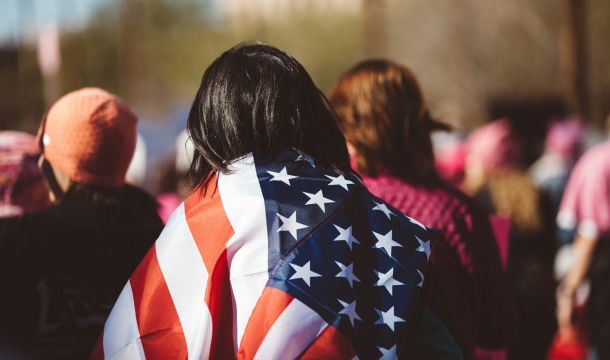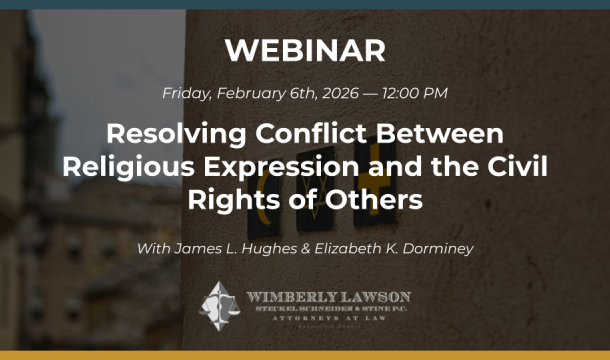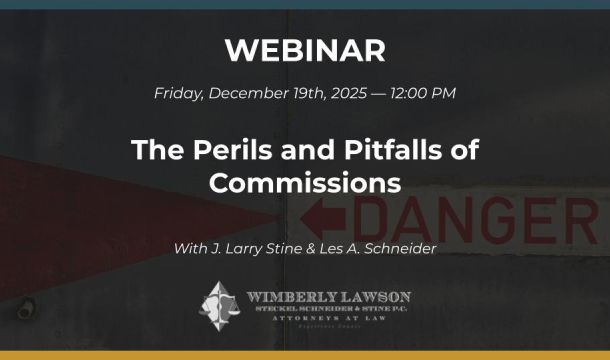Third Circuit Applies Jarkesy to Toss Massive H-2A Fines
In a move anticipated by Court-watchers encouraged by last term’s SEC v. Jarkesy decision, a panel of the Third Circuit Court of Appeals has ruled that an administrative tribunal operated within the U.S. Department of Labor (USDOL) lacks the Constitutional authority to impose monetary fines.
Sun Valley Orchards grows a variety of fruits and vegetables on its farm in New Jersey. Lacking adequate local labor, they used the H-2A visa system that allows agricultural employers to bring nonimmigrant workers to the U.S. for predetermined, seasonal terms. This program has rigorous requirements. Employers must apply through USDOL for special visas, promise to pay not less than the minimum wages set for that work in their area, and comply with detailed rules for supplying free transportation, housing, and access to cooking facilities. (In case you were thinking these imported workers are less expensive than domestic workers, they aren’t.)
USDOL investigated and prosecuted Sun Valley for alleged failure to abide by these rules, and ultimately an administrative law judge (ALJ) employed by the Department of Labor assessed back wages and penalties in excess of $500,000. Sun Valley petitioned the Administrative Review Board (ARB), also operated by DOL, and the ARB affirmed the ALJ’s order.
Sun Valley appealed to the U.S. District Court, arguing that DOL’s procedures violated the U.S. Constitution and the Administrative Procedure Act; and that the amount of fines and penalties was excessive, in violation of the Eighth Amendment. DOL moved to dismiss, and the District Court granted the dismissal. Sun Valley appealed to the U.S. Court of Appeals for the Third Circuit.
The Third Circuit reversed, holding that DOL’s ALJ system was unconstitutional when used to impose fines for violations of the H-2A temporary visa program. Following Jarkesy, the Court of Appeals found that DOL’s administrative procedures denied the farm the right to have the dispute decided by a judge duly appointed according to the process set forth in Article III of the Constitution. DOL attempted an argument that its enforcement action was really about immigration but failed to persuade the Court, which found that the H-2A program was less about admission to the U.S. than about working conditions and domestic wages.
DOL may seek review at the Supreme Court, but given its quite recent decision in Jarkesy, it seems unlikely that the high court would reverse the Third Circuit. As it stands, this decision certainly seems likely to precipitate some major changes at DOL.
Jarkesy called into question the constitutionality of administrative proceedings conducted by ALJs and review boards, and their power to assess fines and penalties, within a host of Federal agencies. First the Securities and Exchange Commission, now the U.S. Department of Labor: Can the National Labor Relations Board (NLRB) be far behind?
Questions? Need more information?
Call Larry Stine or Betsy Dorminey at 404-365-0900.
Get Email Updates
Recent Content

Effect of Administration’s Abandonment of Disparate Impact in the Area of Discrimination Continues to Be Felt

Issues Arise for Employers Concerning the Overtime Tax Break

NLRB To Move Quickly as Quorum Is Restored

EEOC Issues New Guidance on National Origin Discrimination

Resolving Conflict Between Religious Expression and the Civil Rights of Others



